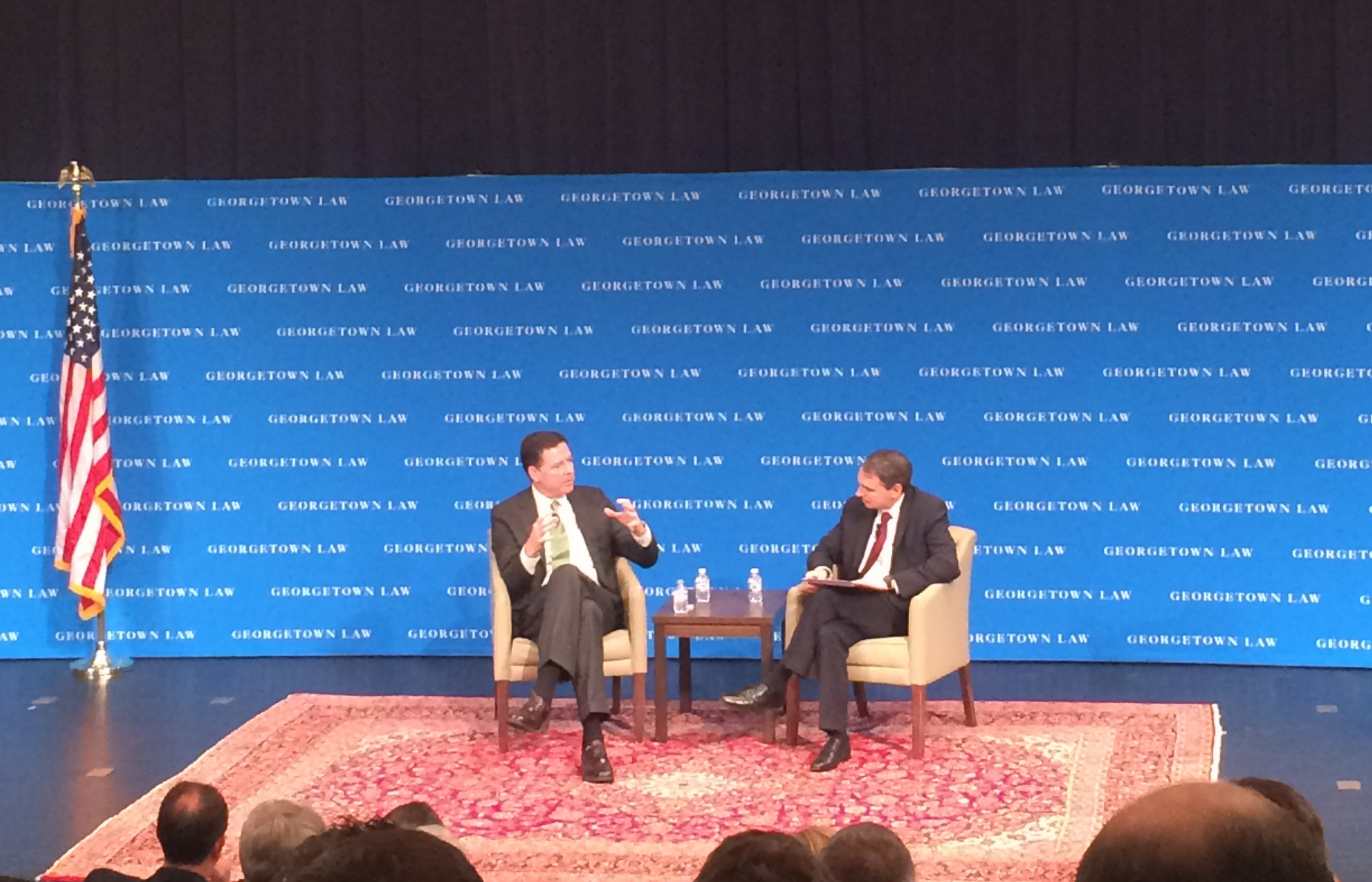
(Courtesy of the GI Film Festival)
Both of Saturday’s back-to-back films were inspired by the epidemic-level suicide rate among veterans, with 22 returning veterans taking their own lives each day, according to a February 2013 Veterans Affairs Department report. About 11 percent of Afghanistan and 20 percent of Iraq veterans have symptoms of post-traumatic stress disorder, according to the report. Symptoms include flashbacks, nightmares and emotional separation from others.
The first film, “SAM,” an artistic short, shows rather than tells about veteran suicide through the life of a young man returning from service in Afghanistan to find nothing has changed except himself. Based on a short story by Juan Garcia and directed by Alexis Garcia Rocca, the film seeks to raise awareness about the debilitating and sometimes deadly effects of PTSD.
“That was one of the main characteristics of the theme that we were trying to put across in the film — that there are not enough people caring about it,” said Juan Garcia in an interview. “But we’re starting to come together.”
“It was to put a face to the statistic, because a lot of people don’t have a military connection,” Garcia Rocca said. “I come from a military family, and that’s what brought me to the issue, and this was kind of made for everyone else — to be made aware that this exists.”
The second film, “Project 22,” follows two combat-wounded veterans, directors Scott Hansen and Doc King, on a 6,500-mile motorcycle ride to raise awareness about veteran suicide. They reveal their own story of struggle and recovery as they meet with advocates, program directors and researchers along the way. Many veterans they speak to open up about their struggles and the painful reality of life with PTSD and even suicide attempts.
Some audience members knew the difficulties of reintegrating into society and finding support.
“This country is absolutely not doing enough for these guys when they come back,” said veteran Beaux Watson, who watched “Project 22.”
“[When] we went to Vietnam, we went for one tour. You could ask for another tour … but you didn’t have to come again if you didn’t want to. But these guys, they’re going back three and four times.”
Members of the motorcycle club Men of War — one of its members rode with “Project 22” on a leg of the journey — attended the fest to support their friends’ film. The club’s mission is to help veterans with depression, anxiety, PTSD and separation anxiety.
“All of us suffer from PTSD, so the movie is very special to us,” said Tommy Caldwell, a Men of War member. “On top of it, it’s Memorial Day, and all of us know someone who has died or taken their own life.”
Joe Robert, national sergeant at arms for the club, put post-traumatic stress in context with today’s holiday.
“I feel like Memorial Day is rough because everyone remembers the ones who were lost in the theater, and everyone forgets about the ones who are lost here,” Robert said.
For those service members who return at risk of suicide, the men said that with support, there’s hope for regaining a normal life.
“There’s a lot of stuff out there,” Caldwell said. “But a lot of people don’t know.”









